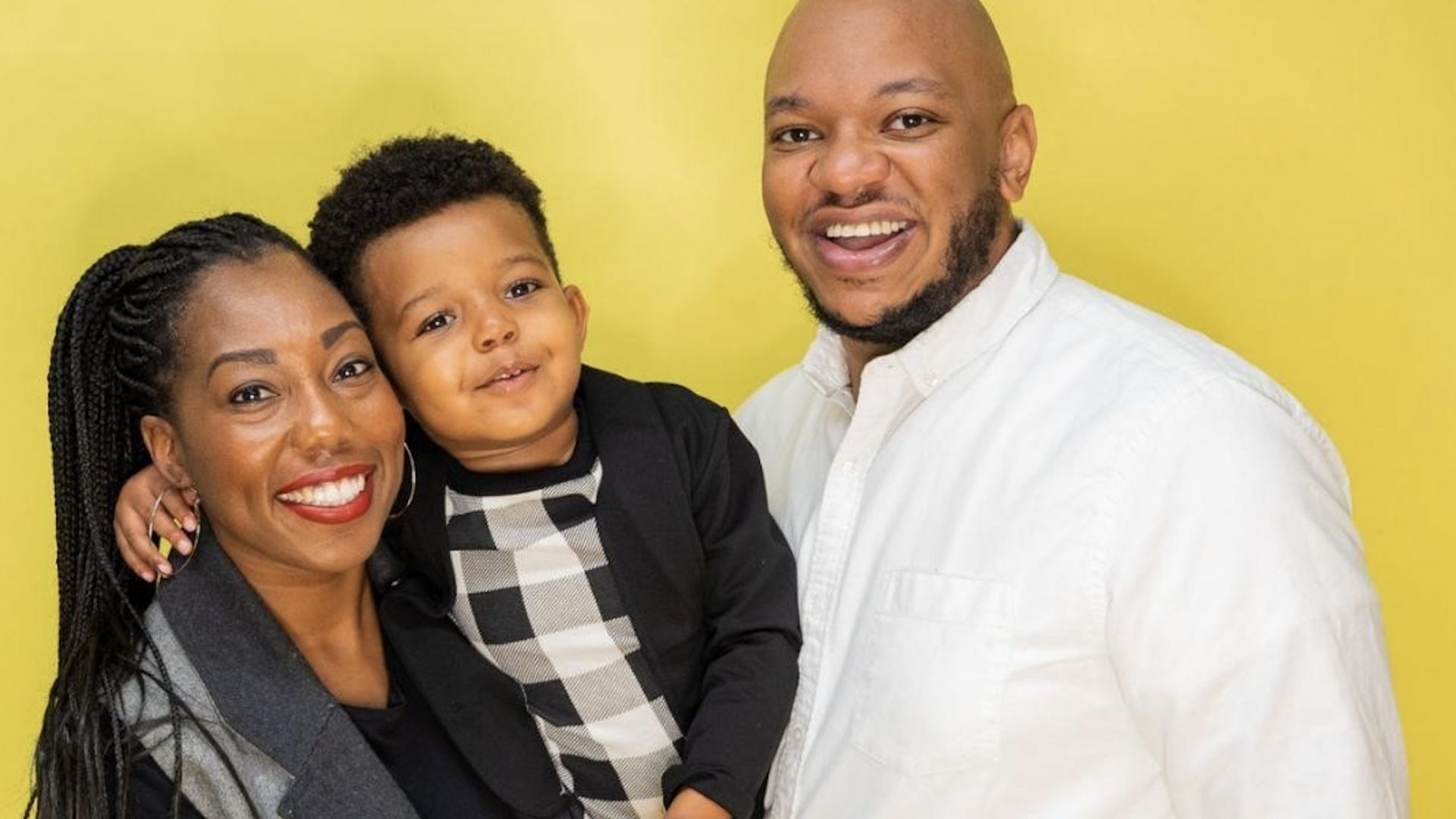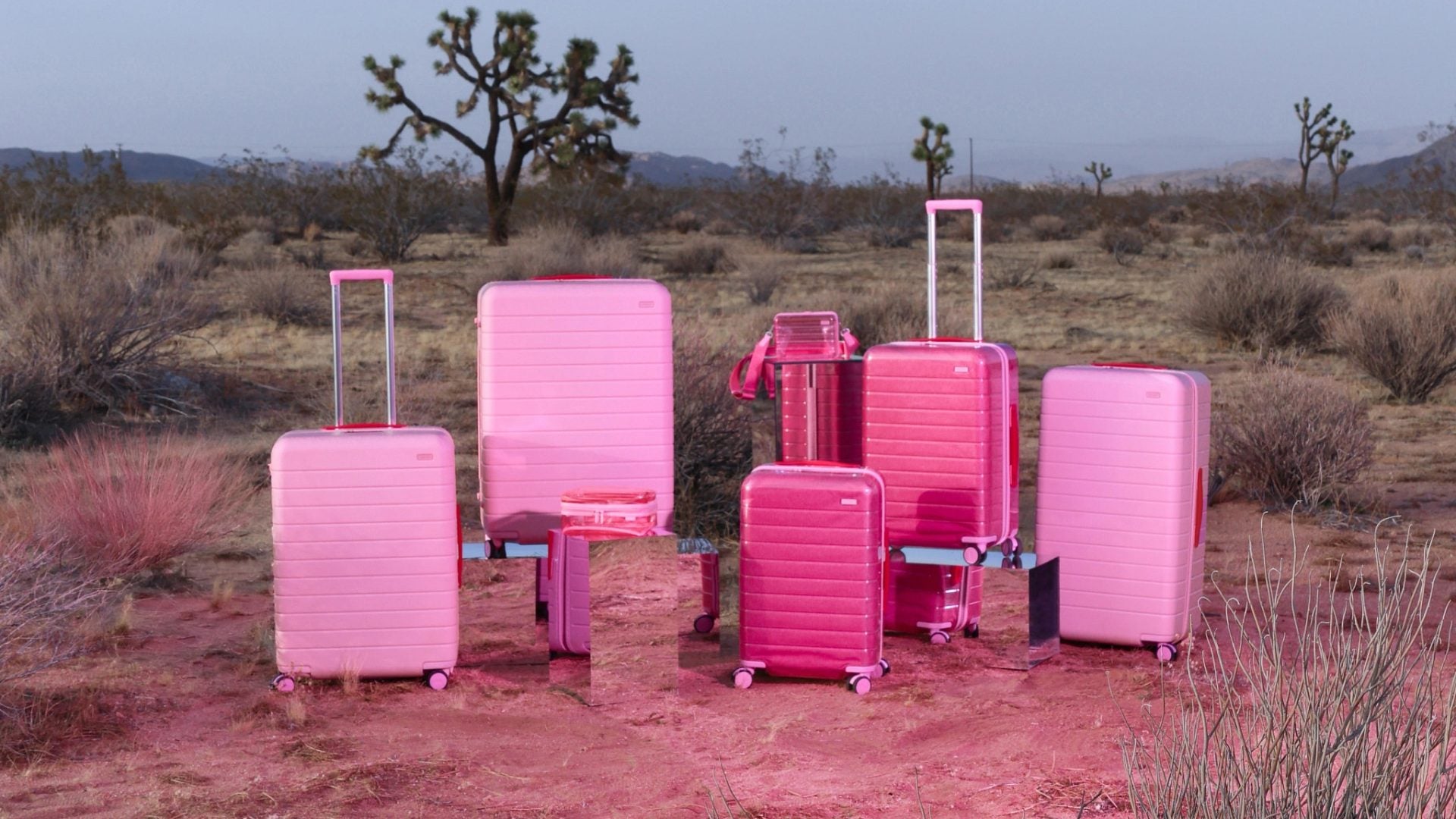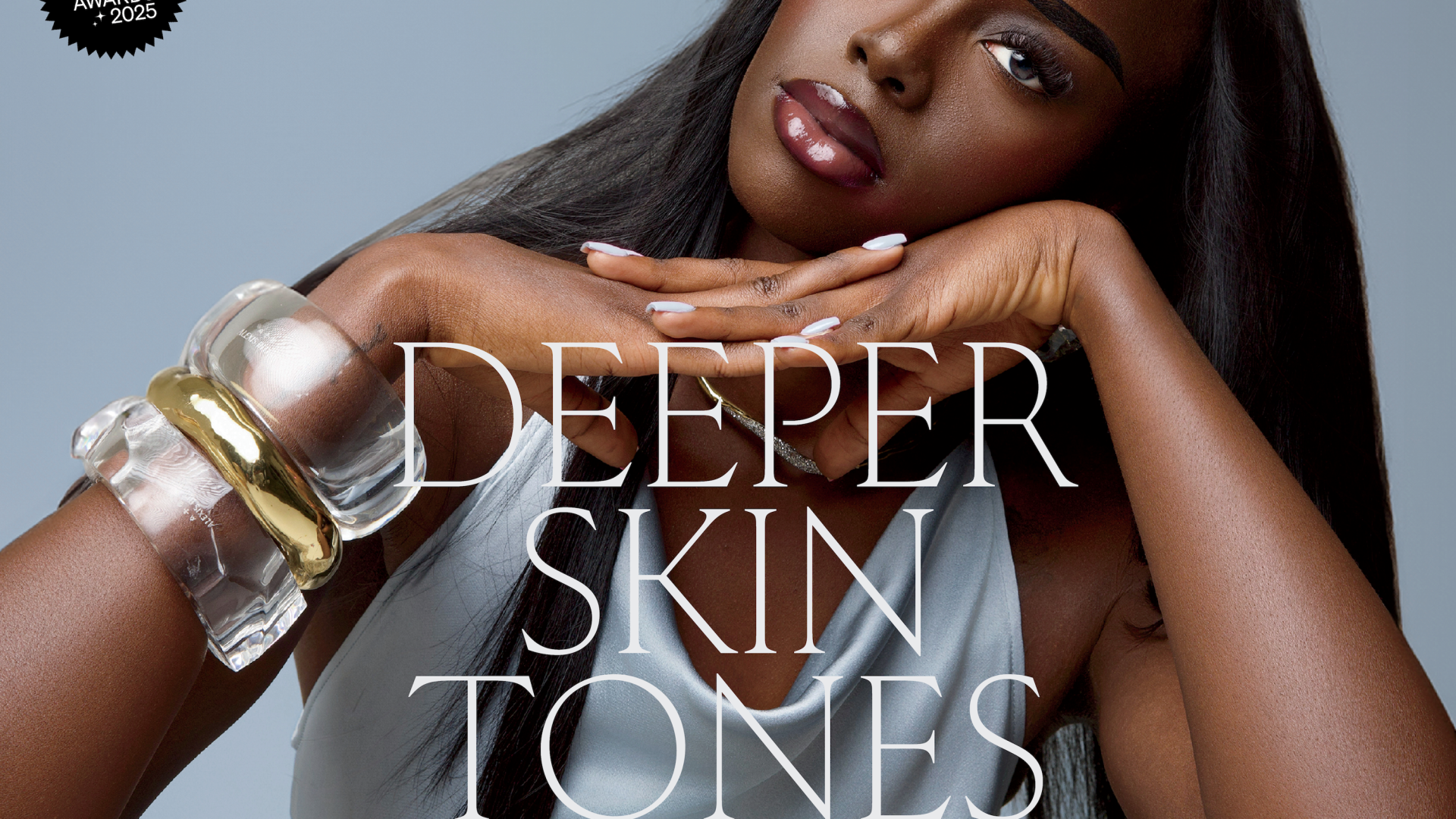
Cora Miller found herself frowning and frustrated while searching hair care aisles for products suitable for her 12-month-old baby boy. Clean yet effective options created for her son’s textured curls were nonexistent, which was surprising since she’d been wearing her hair natural for years and had plenty of options for her own coils.
“I have natural hair so thought I would use the same products on his hair, but I needed something that wasn’t going to be too harsh for a younger child,” Miller shared with Essence.
That’s when she recognized a significant hole in the beauty industry.
For a number of years, there was a sizable gap between women-identified beauty marketing and products geared towards male-identified consumers. African-Americans possess $1.2 trillion in spending power, according to Nielsen, and the Black hair care industry alone generates billions in annual sales Essence reported in 2019, with most of those dollars coming straight from women’s purses.
Since then, we’ve seen a significant uptick in male grooming product consumption where global spending reached a value of $ 69.8 Billion in 2020. By 2024, the male grooming market is estimated to be worth about 81.2 billion in the U.S. alone.
Despite these staggering figures, there was still an access issue, Cora discovered.
“Male-grooming is still a mostly White space, particularly for prepubescent boys of color,” she found after doing deep market research, prompted by her marketing exec. husband Stefan Miller. “I’m one of those people that believe in representation and want to make sure we all see ourselves in the products we purchase.”
So they sought out to do just that.
First, they started by conducting field studies, wrote parent surveys, held focus groups and poured over proprietary market data that all pointed to what they’d already experienced as new parents to a little Black boy with beautifully textured hair: there was nothing currently on the market for him.
“We really took the time to definitively answer the question ‘Is this just something we’re experiencing or are other Black-boy parents facing this challenge as well?’ ”
After a resounding ‘yes’ arose from the parents they surveyed, the Millers decided to answer the problem with a product line of their own, Young King Hair Care.
After launching in December 2019, the line’s success was almost instant, which came as a bit of a surprise to Miller.
“I didn’t have any entrepreneurial ambitions,” the former non-profit executive said. “Learning how to navigate the challenges of small business ownership was eye-opening, especially since we were putting all of our own money into it.”
Although the couple started out bootstrapping the company, they soon caught the eye of big-box retailers and were quickly able to ramp up their distribution.
After being chosen as one of 10 out of 450 brands, Young King Haircare was selected to take part in Target’s accelerator program for emerging beauty brands, an experience that was a game-changer for the couple.
“We tapped into such an incredible network and learned so many things that are integral to the success of a beauty brand during the program that I’m not quite sure we would’ve had access to otherwise,” Miller said about the opportunity.
While there, Miller said they learned about the intricacies of scaling up and attaining widespread retailer distribution.
“Young King products had endcap placement in Target stores all over the country less than a year after we launched,” Miller shared, referring to prominent displays for a product placed at the end of an aisle. “This isn’t a huge deal to big brands that have the money for that, but as a growing Black business, this is incredibly important.”
Each product has been crafted with natural ingredients and is free from sulfates, parabens, mineral oils, or other harmful ingredients, which makes them safe for babies and adults.
Now the brand is being sold in more than 1,300 stores country-wide, including Walmart.
“Amplifying Young King Haircare’s visibility means that we’re positioning the line to be that personal care brand teaching our young boys at an early age to truly take care of themselves from the inside out.”






